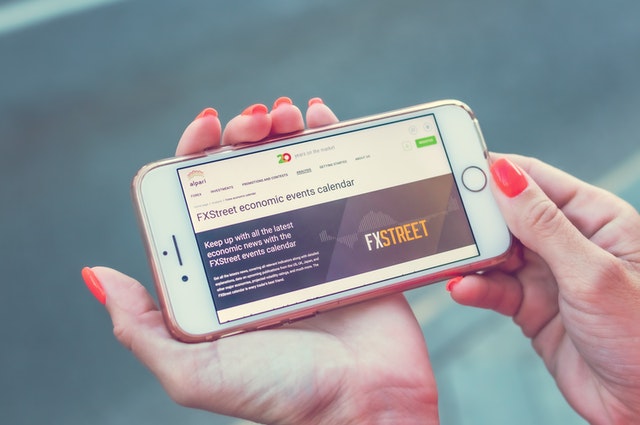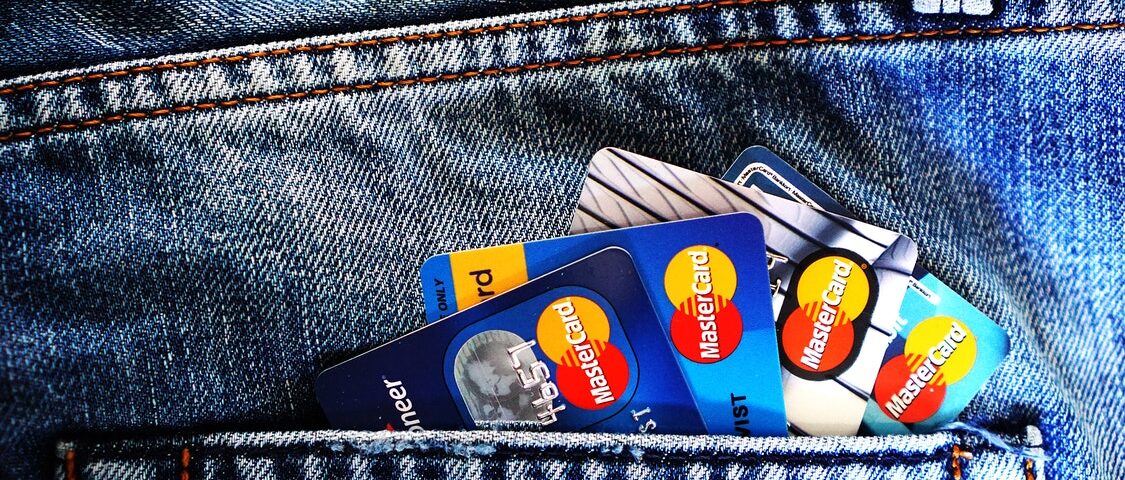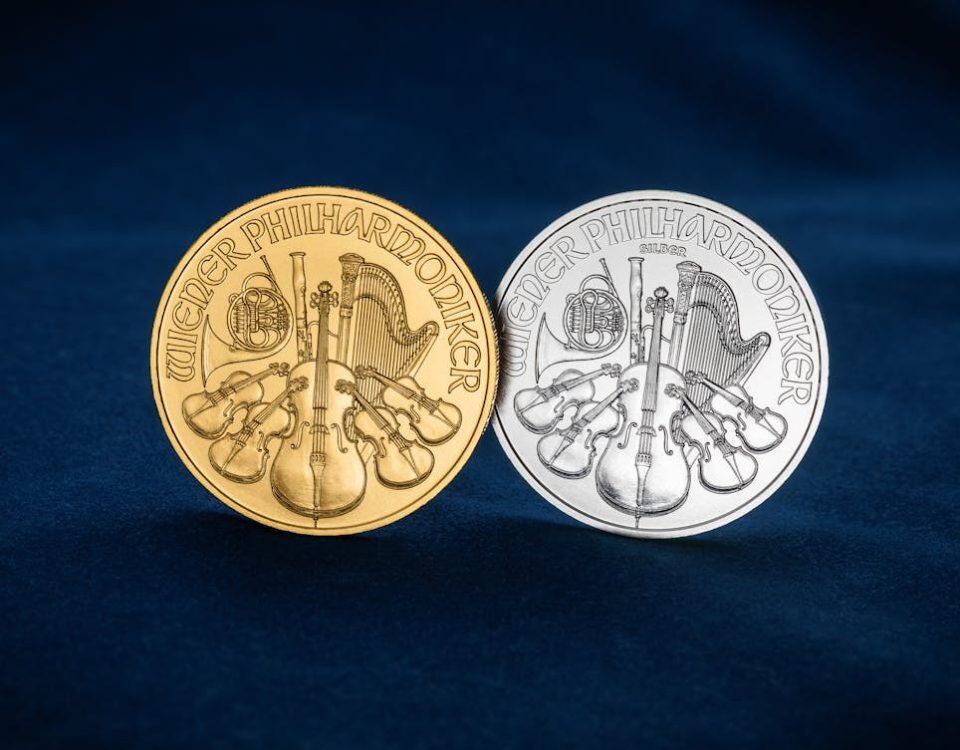
Deciding Whether Professional Carpet Cleaning is for You – Reasons Why You Must Try It
June 23, 2022
Simple Solutions to DIY Plumbing Mistakes
July 1, 2022If you and your partner have a lot of joint debt, you might be wondering how to break up with debt. There are some steps you need to take to prepare for the breakup, including selling the car and paying off the loan. You must also divide all of your credit card debt and shut down any joint accounts. After that, you need to find a new place to live, come up with a new security deposit, and buy the necessary household items. You must also begin planning your finances on your own and establish a new budget.
Managing Finances
If you’re looking for ways to get out of debt, learning how to manage your finances is a great start. Good money management is a personal skill that will benefit you for the rest of your life. Learning to manage your money means knowing your due dates, fees, and finance charges, and making the right choices about big purchases and investments. You can even save up money for the things you really want, such as a new television.
It’s important to determine your net worth after a breakup, according to Guide To Money Inc. Make a list of your regular expenses and income. Next, review your credit report to determine if there are any red flags that indicate a problem. Make sure you’re not making any financial mistakes that could lead to defaulting on your debts. You may even need to find cheaper housing or roommates. Talk to friends who have been through a similar experience.
Preparing for a Breakup

Before you separate, prepare to sort out your debts. If your partner held joint accounts with you, they must be transferred to your name. You may have to wait until the breakup is final to change your joint bills to your name. However, this can minimize squabbles in the future, as it can make dividing money much more difficult. A strong credit score will protect you and your future finances.
Take the time to review your accounts and finances. If you were a primary financial player with your former partner, your finances will probably change drastically. If you both worked full time, you will go from two incomes to one. If you did not, you may have to work extra hard to earn some income on your own. If your former partner did not know how to handle money, you will likely have to do a bit of financial education in order to manage your finances in the future.
Despite the emotional strain, it is also crucial to learn your legal rights. It may feel good to take the law into your own hands, but it can have negative consequences in the long run. If you feel a breakup is inevitable, don’t take your debts into your own hands. Remember that there are many resources out there to help you handle your financial situation. Even if you have to file for bankruptcy, you can get help from a financial expert.
As a couple, you may want to try something new. Perhaps you want to start a new hobby or make some healthy changes to your diet or exercise habits. You may even want to change your career or start a new one. Your finances might be a bit more chaotic at this time, so it’s crucial to do what makes you happy. Even though your relationship may be ending, there’s still time to figure out your debts and rebuild.
Finding a Nonjudgmental Partner
One way to find a nonjudgmental partner to break up with debt is to be upfront about your debt. If you are in a long-term relationship, it is important to openly discuss your debt, which may include other issues like spending habits. However, it is equally important to discuss your debt management plans with your partner in a nonjudgmental manner. This way, you will both know what to expect from one another.
Regardless of the type of partner you choose, finding a nonjudgmental partner is crucial. It is difficult to tell whether a partner is spending frivolously or making bad financial decisions. However, you can use your partner as an accountability partner and sounding board to help you make better financial decisions. As you move forward, your priorities and motivations may change. So, periodically review your credit card statements to see what you are buying and what you can cut out of your budget. If you are incurring debt frequently, you may want to cut up your credit cards and start afresh.
Prioritizing Debts
There are some important tips that you must follow when it comes to prioritizing debts when breaking up with debt. The first step is to recognize the level of debt you have. If you have debts of more than $10,000, you should pay off your largest one first. This will free up more money and give you a sense of satisfaction. Paying off smaller debts can be a psychological boost and help you stay on track with your repayment plan.
The next step is to determine your priority debts. The most important thing to keep in mind is to ensure that your priority debts are paid off first before tackling the rest of your bills. If you fail to do this, you could find yourself in a financial emergency. In such a scenario, you must make sure that you have enough money to pay your creditors, even if you don’t have much money.
After identifying your priority debts, you need to take action to settle them. You should seek help if you have fallen behind on bill payments. Missing bill payments has serious consequences and you should prioritize debts accordingly. You may need to speak to a bailiff or a court to get the necessary payments reconnected. You should also consider hiring a debt adviser to speak to the bailiff on your behalf. Once you’ve done this, you’ll be able to negotiate a settlement that meets your needs and prevent further damage to your finances.
If you have multiple credit cards, you should prioritize the highest interest rate first. This way, you can save money on interest by making minimum payments on all of your cards except the highest-interest-rate card. This method is known as the debt avalanche. It entails making extra payments on your highest-interest-rate card and keeping your other cards at minimum levels. The debt avalanche method can also be used to save money.
Splitting Up Debts
If your marriage has ended, dividing debts after a breakup can be a messy process. However, the decision you make will ultimately affect your finances. You should try to make sure you are not wasting time arguing over who pays what. It is best to consult a lawyer and personal finance blogs to figure out how to split debts fairly. Once you’ve sorted out who pays what, it’s time to move forward.
If you’ve had a long-term relationship, you and your partner probably shared a car loan. If so, it’s probably time to sell the car and pay it off. You’ll need to split credit card debt as well, and shut down any joint accounts. You’ll also need to buy a new place to live, come up with a new security deposit, and purchase any household items you shared. Ultimately, you’ll need to start planning your finances on your own and develop a new budget.
Whether you choose to work with an attorney or divide debts between you and your ex-partner, make sure you consult a lawyer. The court will consider factors such as the length of the marriage, the assets you shared before you got married, and whether you need the marital home. Additionally, consider whether you had children together, spousal maintenance, and liquidity of marital property. It’s also best to get legal advice from a divorce attorney if you don’t feel comfortable sharing all of the financial details of your divorce.


